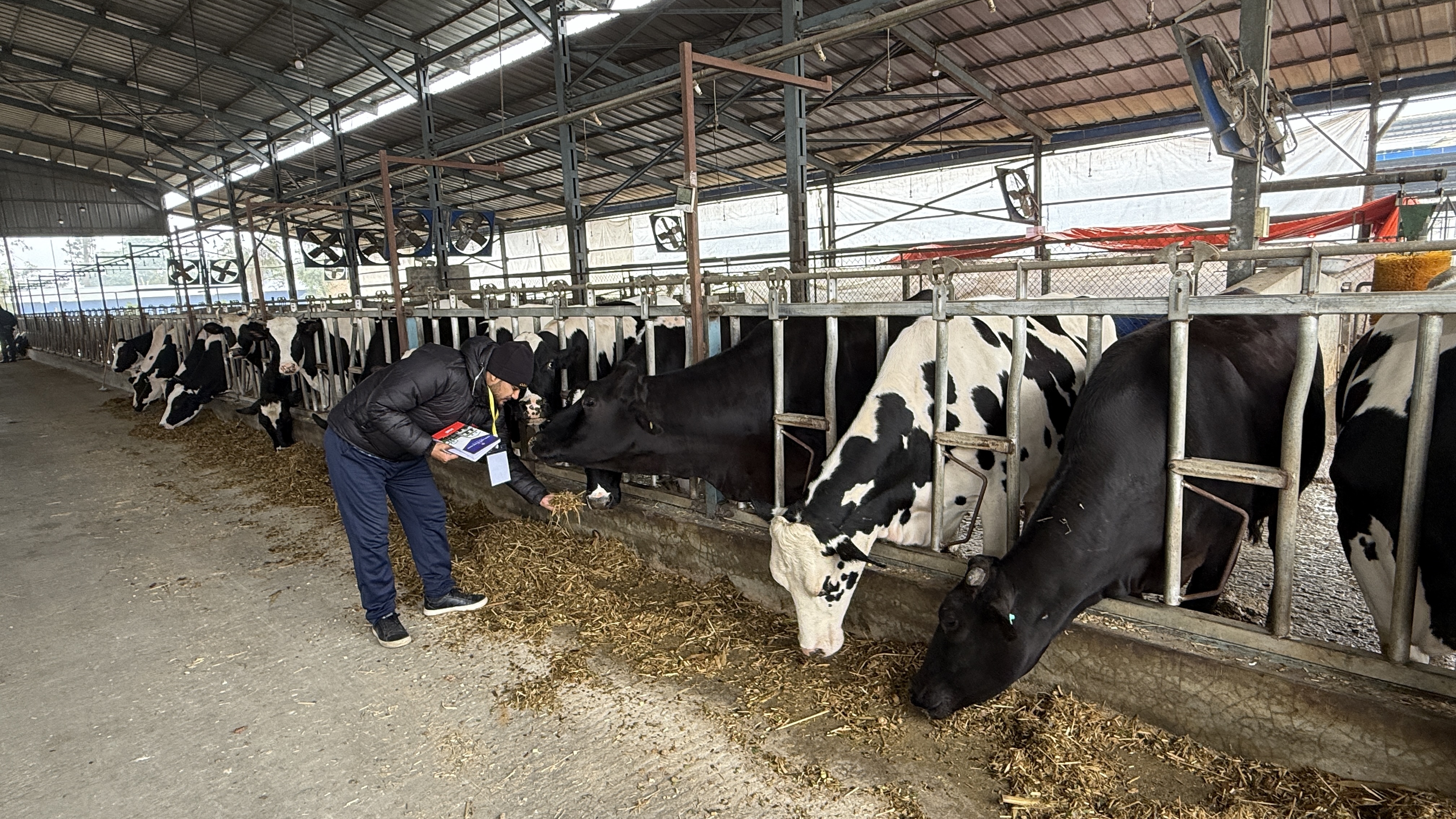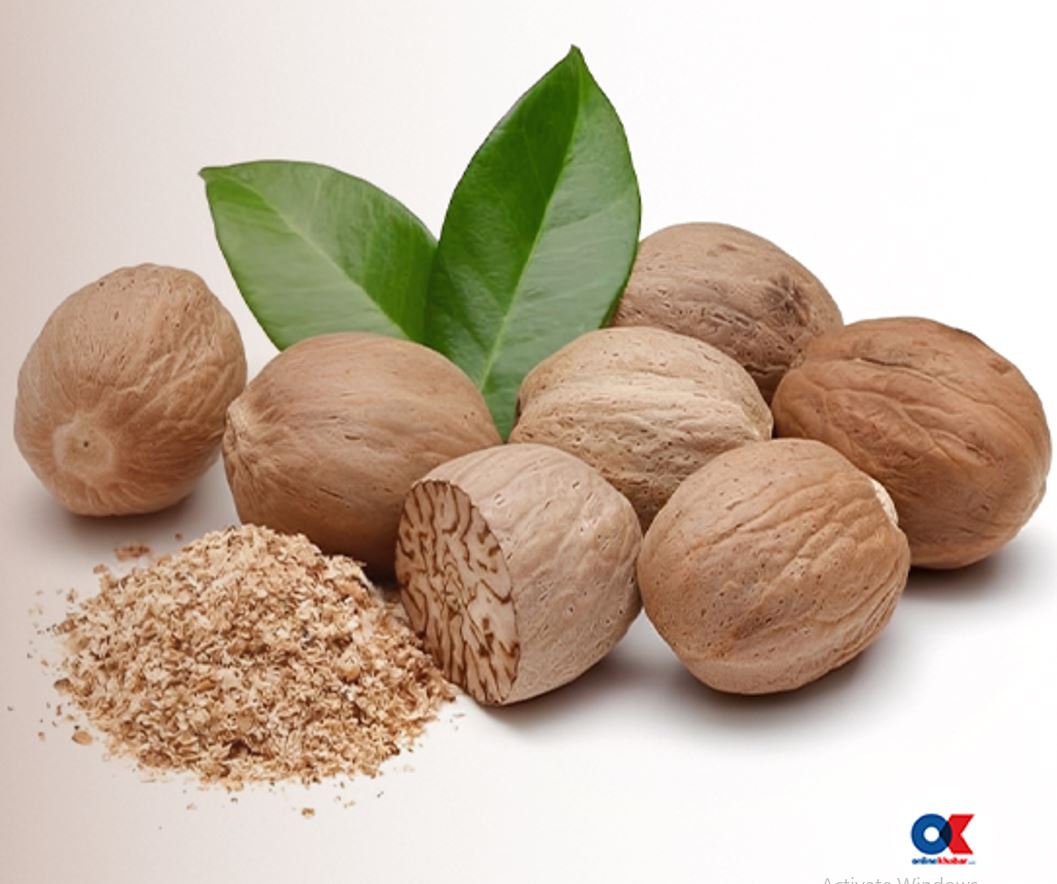After retiring from the army, Shyam Kumar Thapa Magar could not decide what he wanted to do. He was toying with the idea of going abroad for work, but somewhere in his mind, there was a yearning to return to his village, and do something worthwhile.
He decided to go home.
Magar’s village lies on the trails of Doramba, on the way to Sailung Danda. Until a couple of years ago, the village was not connected with the roads. “I used to walk for three days to get salt at Manthali, Ramechhap.”
It took Magar only a few days to realise that access to road network would be vital for any of his ventures. But his house was in an area where the government had no plans to build road.
“They (government authorities) told me they would send a roller if I could pay for the fuel. So, I spent around Rs 20,000 for the fuel and also bought lunch for neighbours, who came out to assist me build a road.”
During his days back home, Magar understood that agriculture would be the business of his choice. But subsistence agriculture, pervasive in remote Nepal, would do no good.
He consulted an agro-specialist working for JICA in Kathmandu, and made up his mind.
When villagers heard of his idea, they thought he was ‘crazy’.
“Why are you growing fruits?” they’d ask.
When he would try to explain to them the economics of fruits, they would say, “ You can afford to do something like that, we can’t. We have to feed our family from the produce the land gives us.”
It took Magar only a few days to realise that for any venture he would undertake in the future, he would have to be connected to the road network.
In the first two years, he grew a lot of fruits and herbs. The idea was to experiment.
Looking at the yield, he decided to go for peach and kiwi (a fruit new to the area), along with vegetables, katus and potatoes.
“One of the reasons why I started fruit production was to show the villagers how they could profit from it. This village has always been one of the poorest in the region. One of my main goals in the next 10 years is to help develop my village as a strong fruit and vegetable production centre,” he says.
After working on the farm for a year, Magar visited fruit shops in Kathmandu, and showed them his samples.
“I was told that my kiwis were of Grade A, and could sell for 800 per kg.”
The positive review encouraged him, and Magar also started growing the mother plants.
This year, his nursery was able to grow 200-300 such plants. Many people from neighbouring villages also come to his nursery to buy the plants.
“I was told that my kiwis were of Grade A, and could sell for 800 per kg.”
Through his farm, Magar now earns around Rs 400,000-500,000 a year.
One of Shyam’s dreams is to make his village a strong agro-producing district. For that, he gives free consultations to farmers and even provides them plants suitable to the region.
Magar was recently recognised by Daayitwa as one of the top entrepreneurs of the district.
Having seen Magar succeed, many villagers have started adopting his ‘crazy’ idea.
“So far, I have handed out 1,200 plants of lemons to the neighbouring village, which had a really good climate for it, Katus and even Lapsi.”
“I like giving away plants to people if they are serious about farming. The only condition I give them while handing them the plant is that if they are successful, they too have to give away plants to interested villagers, who can’t afford to buy them.”
On his free days, Shyam gives locals, including youths, training on fruit production and hands out free saplings. At present, he employs four regular staff and offers seasonal jobs to 10-15 people during the harvest time.
“I think I made the right decision by returning home.”
(The author is associated with Daayitwa.)























